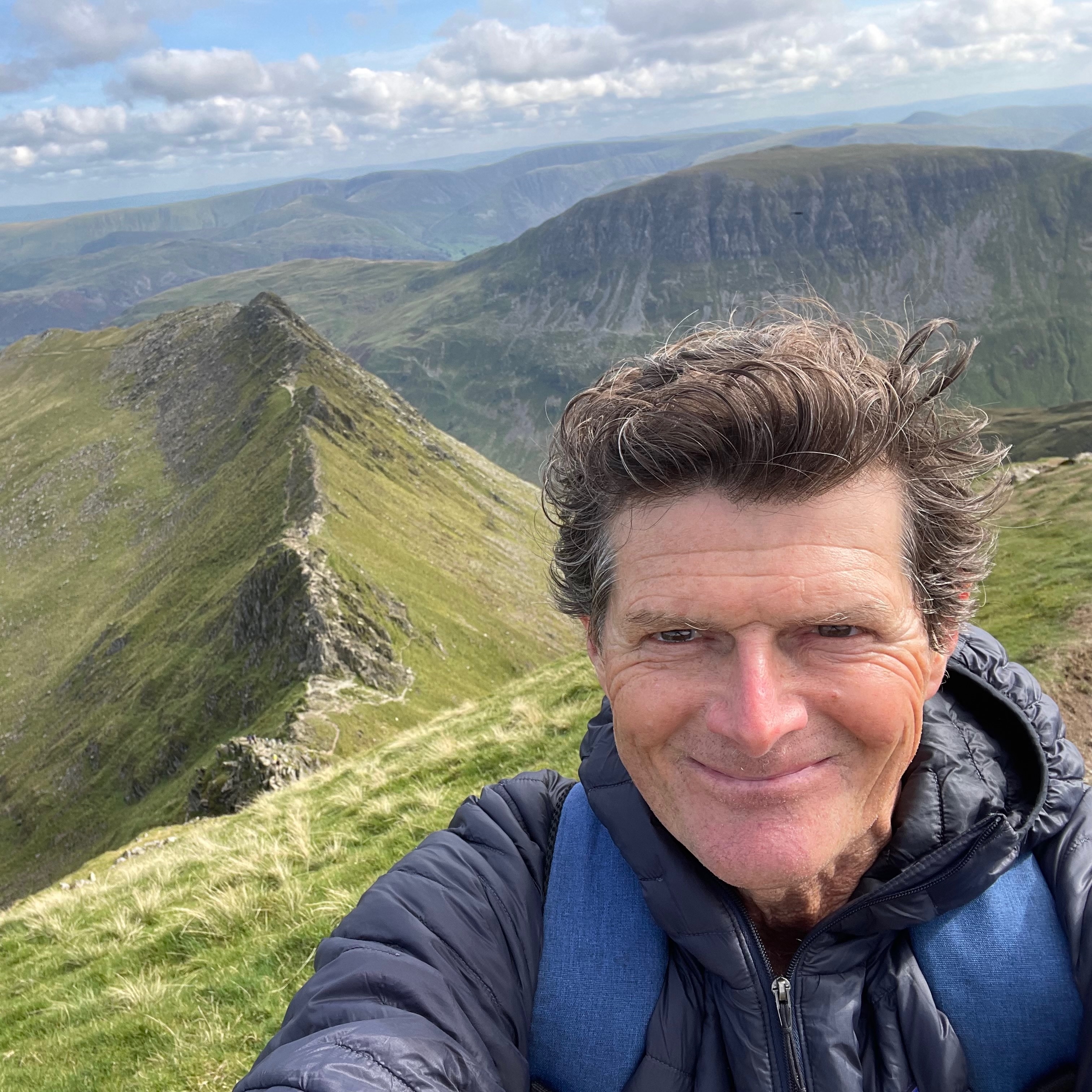
Professor Chris C Goodnow FAA FRS | Snow Medical nominated
Professor Christopher C Goodnow is an expert in single cell molecular analysis of autoimmune disease. He trained in veterinary medicine and surgery, immunochemistry, and molecular and cellular immunology, has been faculty member of Stanford University, HHMI and the ANU, and is currently Head of the Immunogenomics Laboratory at the Garvan Institute and Professor at UNSW. He was co-founder and CSO of Phenomix Corp taking discoveries through a successful phase 3 trial, founding SAB member of Illumina Inc developing core technologies for human genome analysis, founding SAB member of cancer therapeutics start-up Ideaya Biosciences (IDYA) through to successful IPO, and architect of a 10-year discovery contract between ANU and Roche Genentech that revealed the membrane pore responsible for fever and inflammation.
Goodnow’s academic research established that immunological tolerance is acquired by the action of a series of reversible immune checkpoints, a paradigm shift with wide impact including the basis for development of immune checkpoint inhibitors as a new pillar of cancer therapy. By pioneering new molecular and cellular genomic methods he has revealed the function of >30 genes critical for immune checkpoints for self-nonself discrimination and the control of antibody specificity and magnitude, leading to successful diagnosis and targeted treatment of people with inborn errors of immunity, and revealing how human autoimmune disease arises from somatic or inherited defects in checkpoint genes.
Goodnow has published 273 peer-reviewed papers cited 44,044 times, many cited >1000, h-index 101. His contributions are internationally recognized by numerous awards including the 2022 American Association for Immunologists Herzenberg Award for outstanding contributions to immunology in the field of B cell biology; William E. Paul Memorial Award for Excellence in Immunology and Cell Biology; Member US National Academy of Science; GSK Award for Research Excellence; Fellow of the Royal Society.